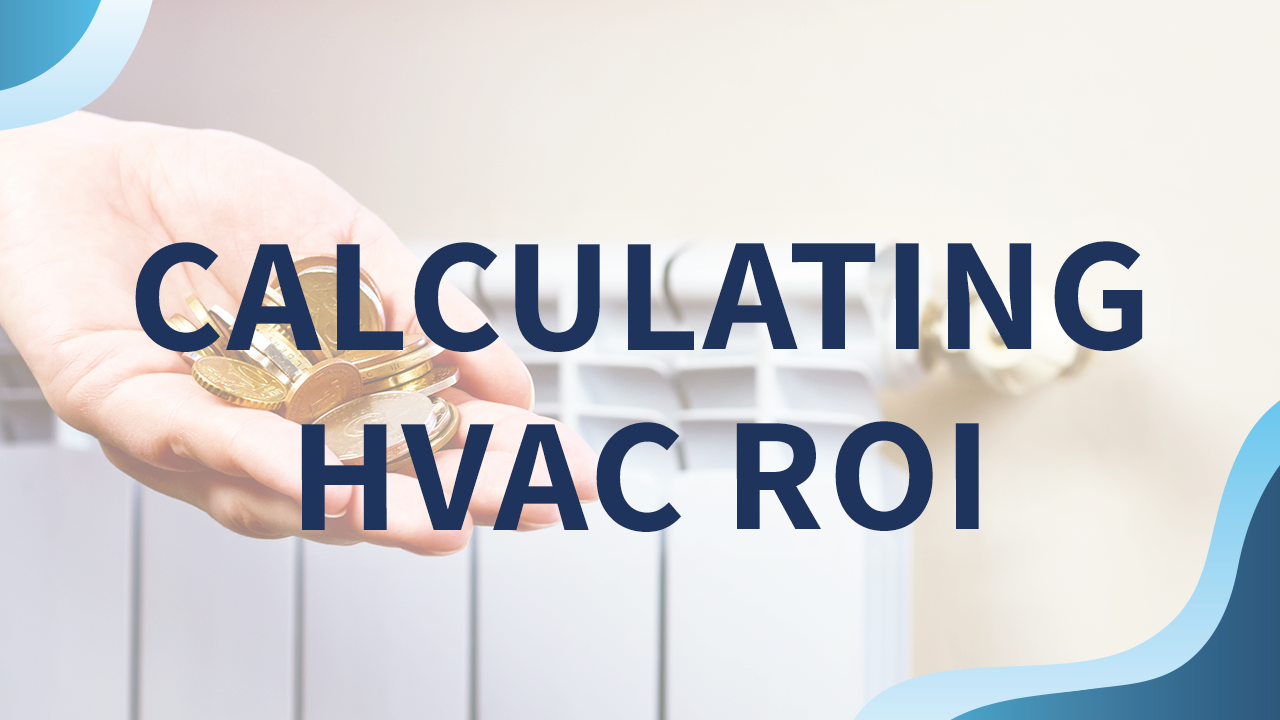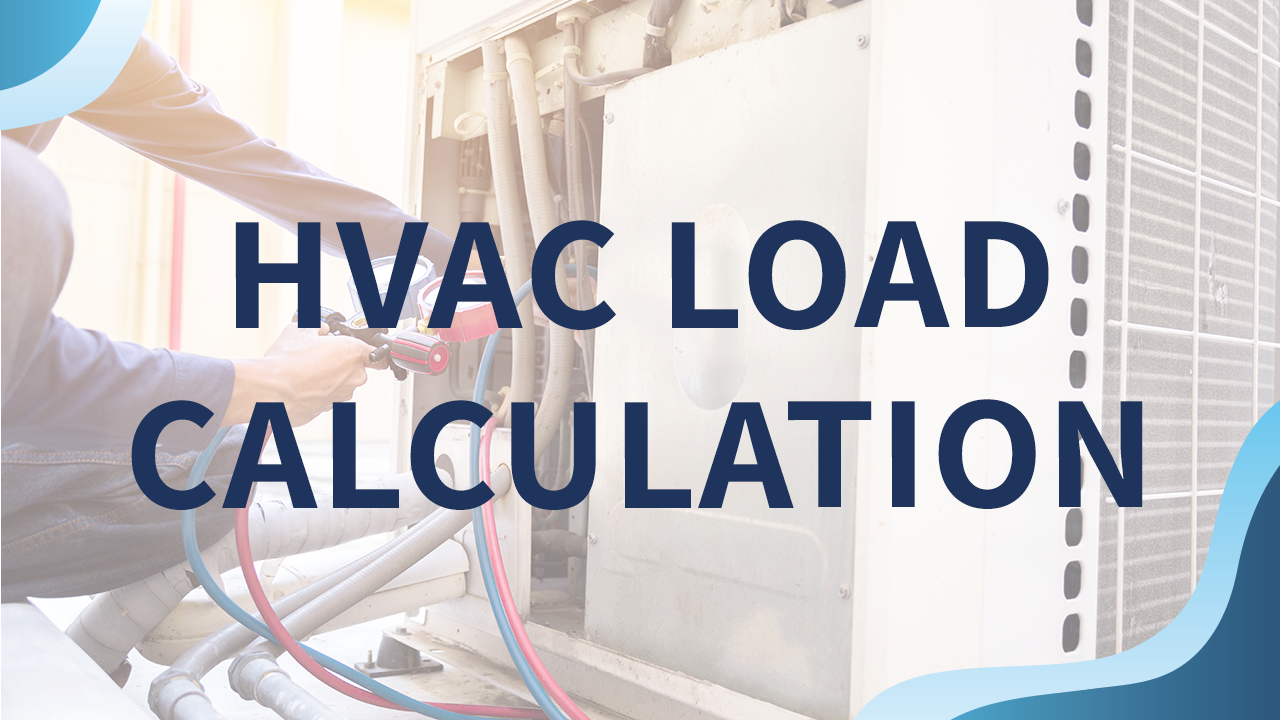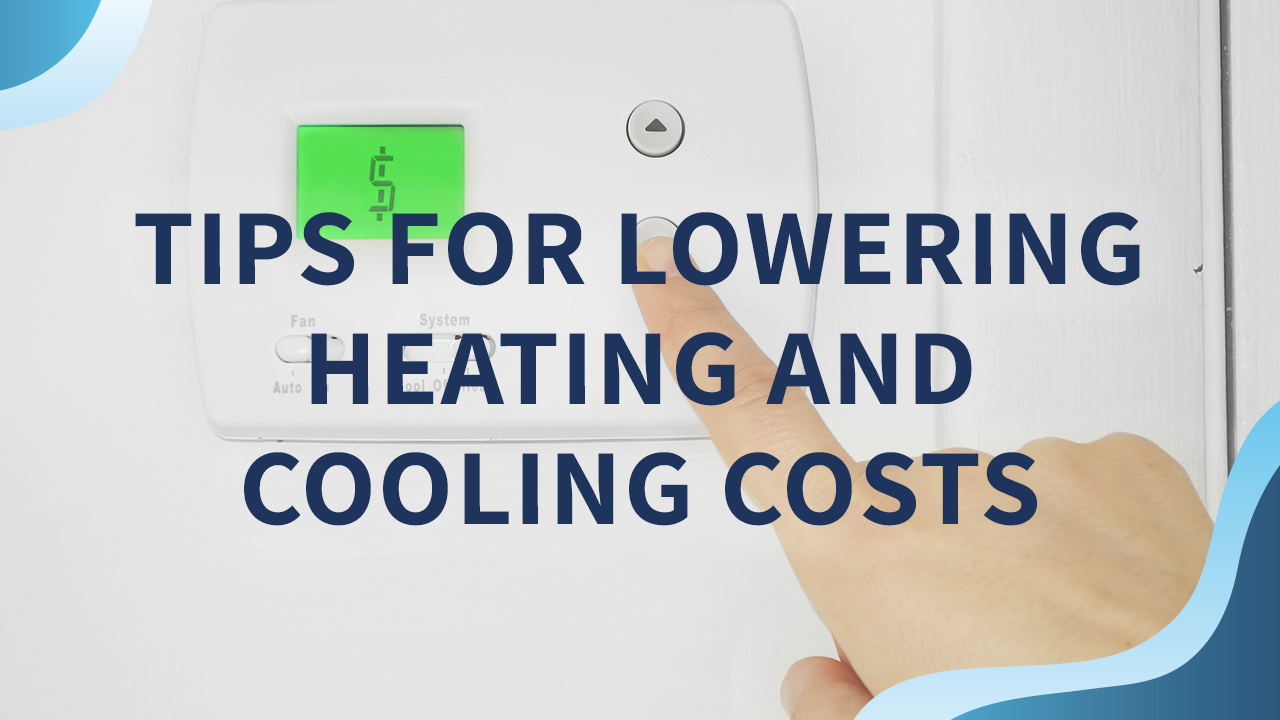Little was certain in the Urban Land Institute’s 2019 Emerging Trends report. After all, experts had predicted the 2018 homebuying market would be the all-time most competitive, but buyers grew wary later in the year. Now, as buyers anticipate increasing interest rates, some of the 750 real estate professionals surveyed by ULI and PricewaterhouseCoopers while creating the annual report describe the market as having passed its peak.
“Would-be buyers who are concerned that home prices may have peaked will wait on the sidelines until they have more clarity on where the housing market is headed,” California Association of Realtors President Steve White said in a press release. “This could hold back housing demand and hamper home sales in 2019.”
If one 2019 trend can be predicted with certainty, however, it’s the continued rise of technology across the real estate industry. Particularly in a buyer’s market, real estate professionals will be seeking innovative ways to remain competitive.
Check out a few of the top real estate technology trends predicted for 2019:
1. Construction Tech
From bricks and mortar to walls and ceilings, the $10 trillion construction industry is not the first industry that people would associate with technology. But that is finally starting to change as builders are embracing the digital world – maximizing efficiencies in the process.
Construction technology investments grew by 30 percent in 2018, and they are expected to exceed $10 trillion by 2020, thanks to increased use and advancements in construction software, a growing data ecosystem and BIM technology. Likewise, robotics are now precise and accurate enough to be effective tools in the construction industry.
2. Sustainability Focus
As reports on climate change grow more ominous, sustainability has become a prime focus for buyers and investors – and therefore also for builders and real estate professionals. In attempts to reduce environmental impact, investors, builders and property owners alike are turning toward green practices.
These practices include several technology solutions. Smart outlets allow residents to remotely control energy output in their apartments and homes. Smart home automation and remote monitoring solutions like smart thermostats create an opportunity to manage heavy energy consumers like HVAC units. Many multifamily communities are choosing to upgrade older R22 HVAC units to more modern and much more efficient 410A systems and are seeing not only increased sustainability but improved resident satisfaction and cost savings.
“Real estate has been proactive on sustainability issues for many years,” ULI wrote in its report. “As a matter of self-interest as well as social responsibility, the industry is moving ahead to advance its sustainability performance regardless of the direction of national policy.”
3. Selling Technology
The process of buying and selling real estate is transforming thanks to technology. Buyers accustomed to engaging online applications demand the same experience when selecting properties. Platforms such as Collections – coined the “Pinterest of Real Estate” – allow users to interact with agents and sellers as they organize their property selections. Likewise, Amazon’s iOS app features AR View, so users can see how furniture will look in potential homes.
While not yet broadly used, it’s even possible to incorporate mixed reality into the real estate selling process, particularly in the luxury home market. The technology allows users to incorporate digital content into real-time surroundings, so virtual walk-throughs could become a reality in the near future.
Of course, the greatest technological breakthrough within real estate marketing continues to be the use of drones. Agents can integrate dramatic camera photography and video tours with their real estate listings, revolutionizing both the buying and selling process. Not only do drones enable agents to offer sweeping shots of lots and properties and 360-degree views of exteriors, but agents can also conduct virtual tours. These digital open houses save buyers, sellers and agents time, while they also introduce buyers who don’t live in the area.
4. Smart Homes
The Internet of Things will continue its rise to real estate dominance in 2019. In a competitive housing market, property owners strive to impress potential buyers and renters by outdoing one another in their selection of amenities. But while the selling features were once swimming pools and balconies, smart home technology is now at the top of many lists.
It’s not enough to offer voice-controlled thermostats and lighting. Smart sensors can detect air quality, sound, humidity and even vibrations. Then, thanks to machine-learning technology, the systems can automatically identify patterns in the data. Smart buildings possess AI that analyzes this user behavior in shared office space and multi-family housing, allowing for increased efficiencies.
5. Blockchain
Blockchain technology will begin to revolutionize the real estate industry in 2019. Smart contracts increase security and transparency in the buying and selling process, while simultaneously saving time and money.
“The practical consequence […is…] for the first time, a way for one Internet user to transfer a unique piece of digital property to another Internet user, such that the transfer is guaranteed to be safe and secure, everyone knows that the transfer has taken place, and nobody can challenge the legitimacy of the transfer,” Mosaic co-writer and venture capitalist Marc Andreessen wrote in The New York Times. The consequences of this breakthrough are hard to overstate.”
With blockchain-based technology, digital leases can automatically withdraw rent payments, an autonomous accounting system can automatically record and balance transactions, and a secure electronic record can quickly display a potential buyer’s full credit history.
By using smart contracts, buyers and sellers also can speed up the process of verification of documents and even provide a digital identity for properties, displaying former owners and overall costs of maintaining the property, while protecting all interested parties from fraud.












